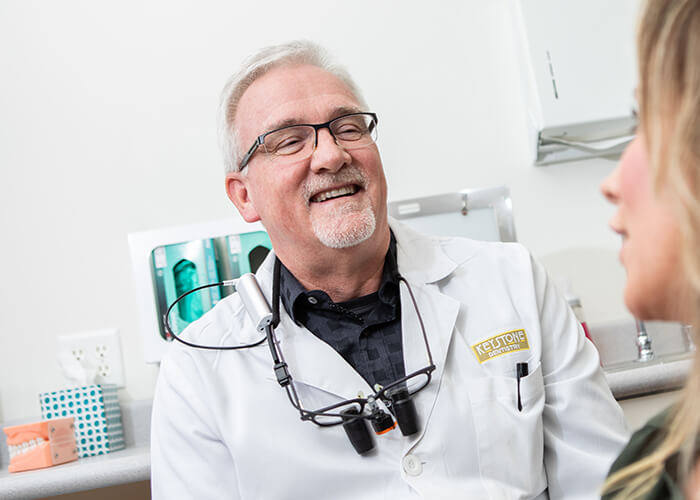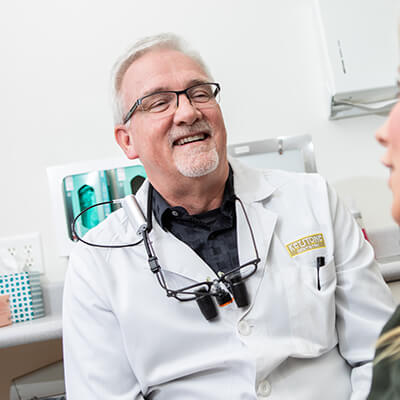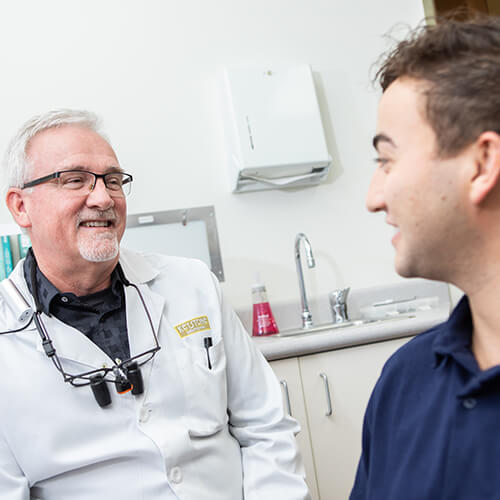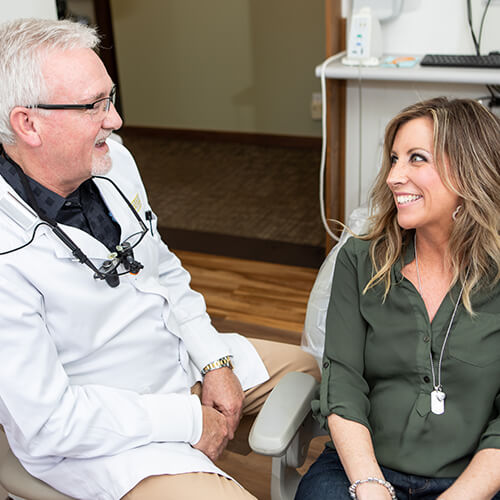Oral Surgery


The word “surgery” often brings to mind a stay in the hospital, general anesthesia, and perhaps a lengthy recovery period. However, the experience of having oral surgery is usually very different from that.
Oral surgery is often performed in a dental office setting, under local anesthesia, and with minimal recovery time. It can range from routine procedures such as tooth extractions and implant placement to more complex jaw realignment surgeries and emergency care for facial trauma.
Dr. KinneyLearn more about our dentist has an array of skills, extensive training, and experience in providing top-class dental services. If you have a complex issue that requires oral surgery, then our dentist can help!
Oral Diagnosis & Biopsies
When a suspicious oral lesion is found, a biopsy is often used to detect or rule out oral cancer — a disease that is treatable if caught early. A biopsy involves removing a very small tissue sample for laboratory analysis.
Although the majority of oral lesions are benign, if there is any possibility that the growth could be cancerous or pre-cancerous, a biopsy will likely be performed. Depending on how much tissue needs to be removed, this may be a simple in-office procedure or it may be done in a hospital setting.
Typically, the procedure requires only local anesthesia, and it doesn’t take long. If incisions are made, they are often closed with self-dissolving sutures (stitches) that don’t need to be removed.
Dental Implants
Today’s preferred method of tooth replacement is a titanium dental implant, which is placed beneath the gum line and into the jawbone during a minor surgical procedure.
The implant is then attached to a realistic-looking dental crown that is visible above the gum line and indistinguishable from a natural tooth.
Extractions
There are a variety of reasons why you may need a tooth removed. You may have a wisdom tooth that is impacted, a diseased tooth that can’t be saved, or overcrowded teeth.
Dr. KinneyLearn more about our dentist uses modern technology and advanced techniques to make your tooth removal as seamless and comfortable as possible.
‘‘From my first step into their office 13 years ago, I've had only positive experiences, even with extensive work requiring many visits.’’
Carol D. (Keystone Patient)

When oral surgery is required, Dr. KinneyLearn more about our dentist will provide a step-by-step explanation of the procedure along with your anesthesia options. At this time, we’ll encourage you to ask any questions and express any concerns you may have.
During the surgery, our team will be with you at all times and monitor you to ensure your comfort. Your recovery experience will depend on what procedure you are having, as well as your general state of health.
It’s always important to let your healthcare providers know about your medications, health conditions, and whether you smoke. This will help ensure your safety and comfort — always our paramount concerns.
Schedule An Appointment




